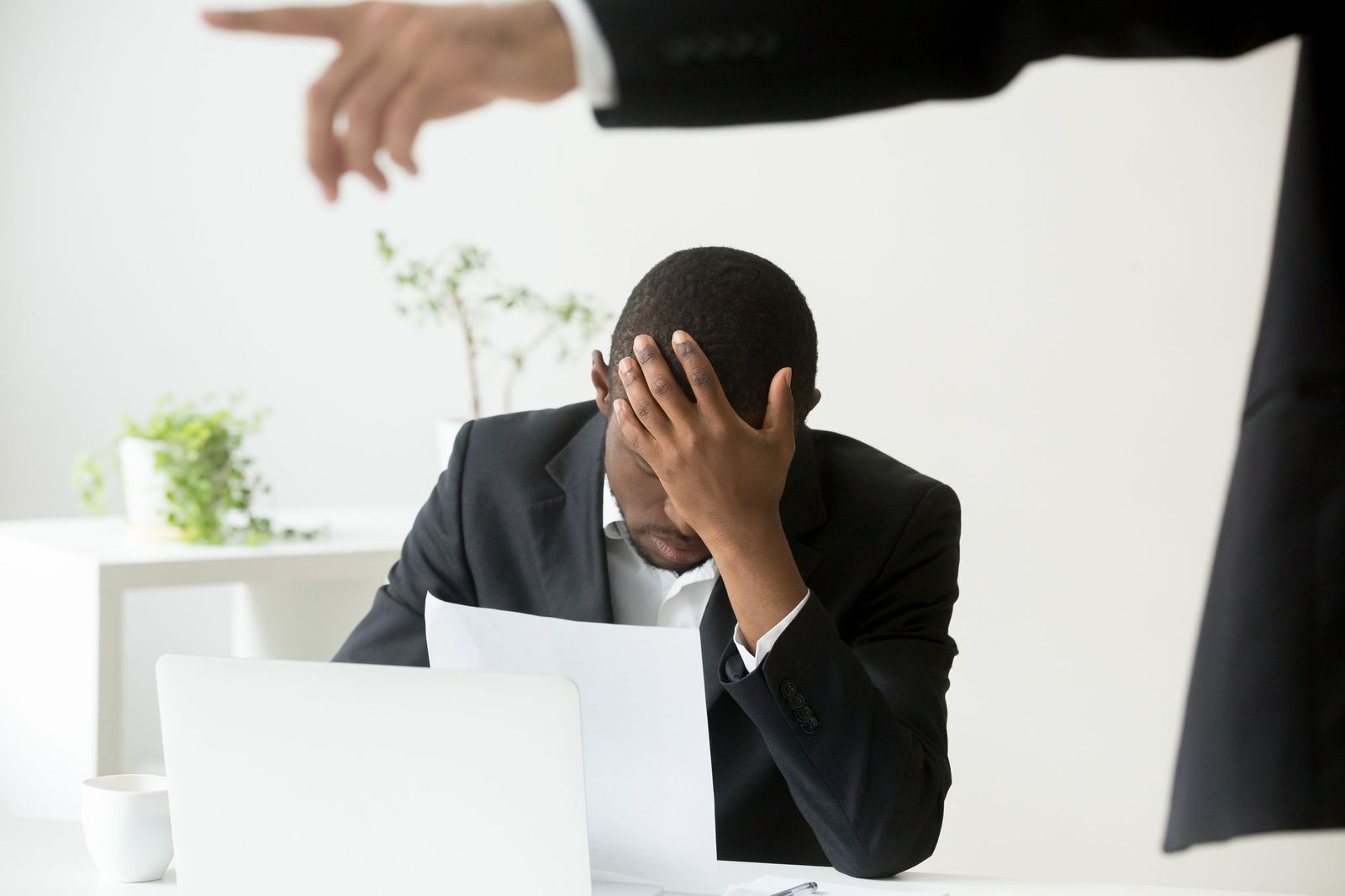Race Discrimination at Work and Black Lives Matter
A Time of Reckoning
by Lindy Korn
Unfortunately, as in all communities throughout our country and the world, Western New York has had a long history of racism, including in the workplace.
I have had clients who tell me they have been victims of racial slurs, such as being called by the N-word or “My Nigga” by their own supervisors who are also people of color. Clients have brought me recordings of jokes that demean or accuse them of being lazy. I have clients who have been passed up for promotions for Caucasian peers who are less qualified for the duties required of the job. Many of my clients are drug-tested when their coworkers are not. Some have been accused of theft, even before an investigation was conducted.
These stories are nothing new but supporting these types of complaints hasn’t been easy due to the evidence and witnesses that are required in order to bring justice to these individuals. It is no wonder that many people of color suffer from low self-esteem, depression, and anxiety, which is exacerbated by the knowledge that if they speak up, they will become the victims of retaliation or job loss.
Dr. Henry Louis Taylor, Jr. professor of urban and regional planning and founding director of the Center for Urban Studies at UB School of Architecture and Planning, whose work revolves around race and class issues among people of color, says that this moment in history calls for a broad reimagining of societal institutions. Taylor says, “As people across the U.S. take to the streets to protest racism and support Black Lives Matter, changes taking place inside workplaces, corporations, and other societal institutions are equally powerful.”
According to Taylor, mass protests are shifting public opinion in the midst of the COVID-19, which has more severely impacted Black people, resulting in a transitional period where businesses, schools, and other institutions are reinventing the way they operate. Taylor is encouraged by conversations he sees happening that have not taken place in years, stressing that, “At a moment like this, there really is a place for everyone.”
Taylor believes we can contribute to this movement in all kinds of big and small and subtle ways and by voicing our opposition to existing policies in our workplaces and institutions, and imagining something fundamentally different than we currently have. He says, “As people and leaders reimagine what society should look like during and after the pandemic, racial justice should be at the forefront of discussions.”
Just as Taylor believes that we are experiencing a turning point for society, I too hope that these collective Black Lives Matter protests and ongoing discussions will create environments where racial discrimination at work is no longer be tolerated. I also look forward to being able to assure employees who come to me that they will be heard — by their supervisors, co-workers, and our justice system.
Lindy Korn, Esq. is an attorney in Buffalo and advocate of her client’s rights in the workplace. Learn more at www.lindykorn.com or call 716-856-KORN.












